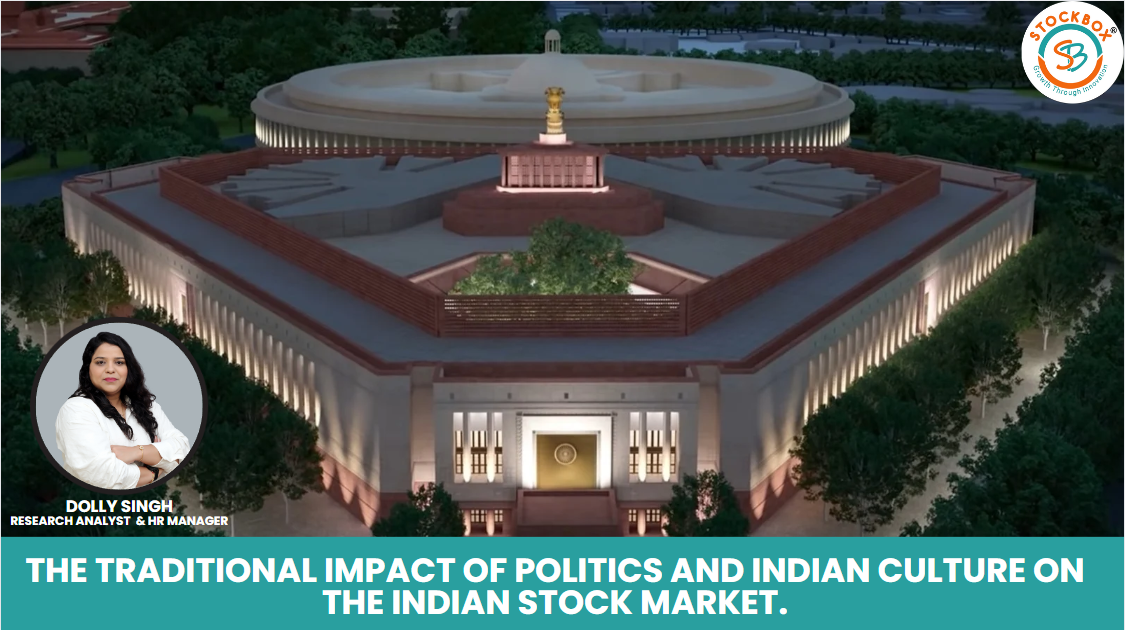In the vast tapestry of India’s economic landscape, the intricate threads of politics and culture are interwoven, creating a canvas that depicts the dynamic relationship between tradition and the stock market. Yet, the question arises: What affects the stock market?Politics, culture, and the stock market’s interplay crucially influences India’s economic direction and market resilience.
Politics: The Conductor of Economic Symphony
India’s political landscape has always played a pivotal role in influencing the stock market. The policies and decisions of the government have a profound impact on investor sentiment and market dynamics. Investors often view political stability as a harbinger of economic growth, creating a fertile ground for investments to flourish.
Elections, a cornerstone of India’s democratic process, are a key factor in market fluctuations. The uncertainty surrounding elections can trigger volatility, as investors keenly observe the potential policy shifts that could follow a change in government. Conversely, a decisive electoral mandate can instill confidence, creating a positive ripple effect in the stock market.
Government reforms and policy announcements are powerful market movers. For instance, the introduction of the Goods and Services Tax (GST) and the demonetization drive in 2016 were watershed moments that sent shockwaves through the market, reshaping industries and redefining investment strategies.
Culture: The Silent Influencer
Embedded in the fabric of Indian society, culture subtly influences the stock market. Cultural nuances, festivals, and societal values can impact consumer behavior, thereby affecting the performance of certain sectors. For example, festivals like Diwali significantly boost consumer spending, positively impacting sectors like consumer goods and retail.
Cultural attitudes towards savings and investments also contribute to the market’s ebb and flow. Traditional gold investments during events like weddings may redirect money from the stock market.Understanding and navigating these cultural currents is crucial for investors seeking to anticipate market trends.
The Intersection: Where Tradition Meets Trends
The confluence of politics and culture in India creates a unique environment where tradition meets contemporary trends. The stock market, being a reflection of these influences, demands a nuanced understanding of both realms for effective decision-making.
Government policies promoting sectors aligned with cultural values, such as renewable energy and sustainable practices, can gain traction. Investors can strategize by aligning their investments with the changing political and cultural landscape.
The Indian stock market is not a detached entity; it breathes in sync with the socio-political climate and cultural ethos. Understanding the market goes beyond finance; it needs valuing its cultural and political influences.
In conclusion, in response to the question of what affects stock market, the traditional impact of politics and Indian culture on the Indian stock market represents a fascinating interplay that defines the rhythm of economic progress. Investors who embrace this holistic perspective, acknowledging the dance between tradition and trends, are better poised to not only survive but also thrive in the ever-evolving dynamics of the Indian financial landscape. India’s advancing journey will see its heritage shaping the stock market’s future in unexpected ways.
Also, check out The Chessboard of Short-Term Trading vs Long-Term Investing.

